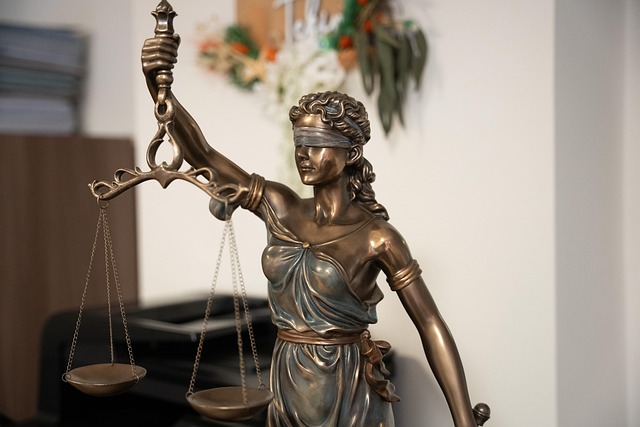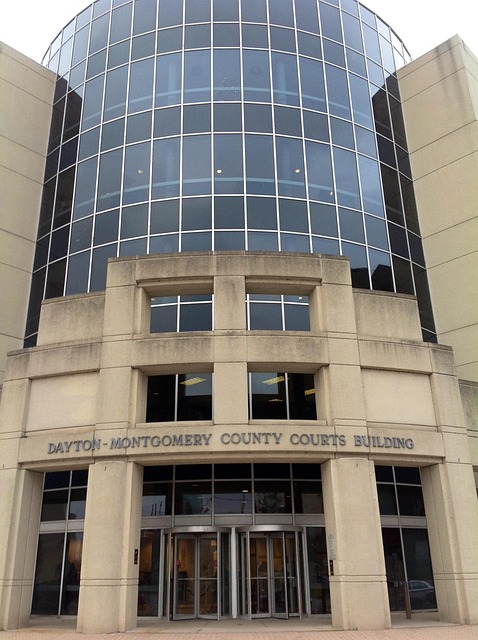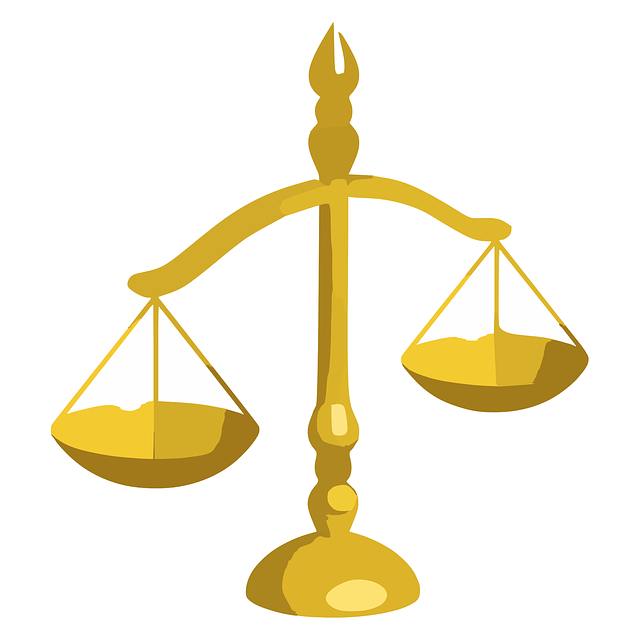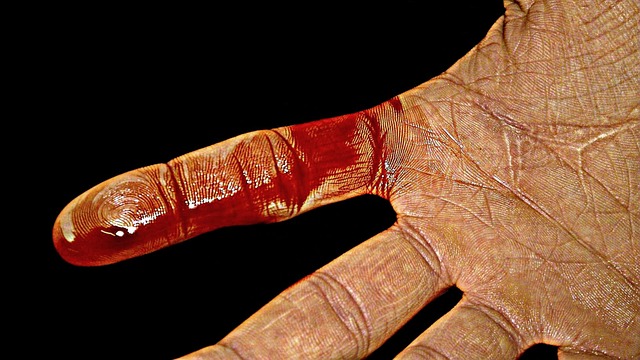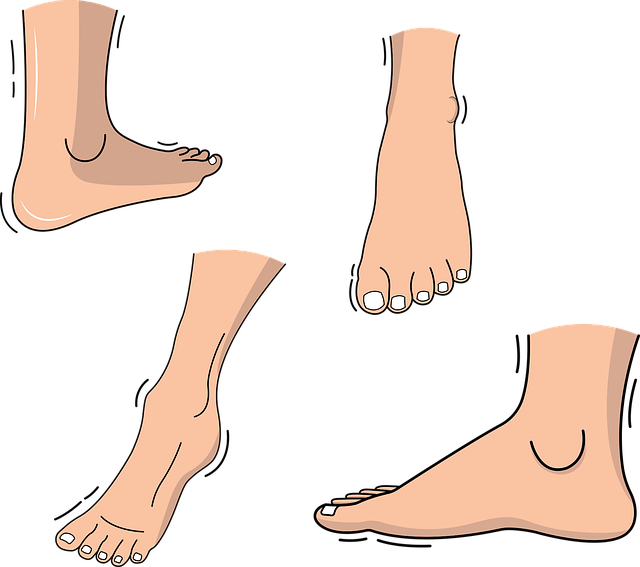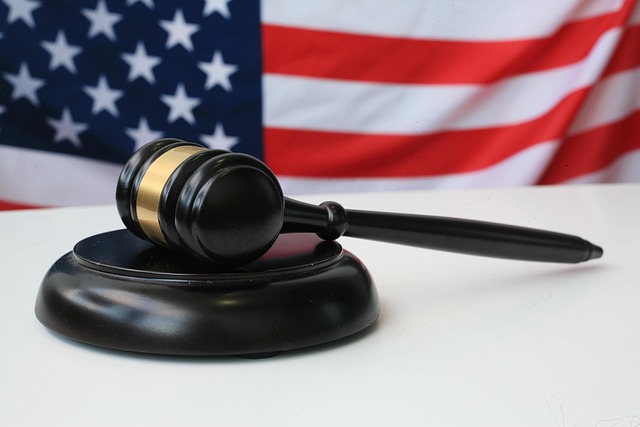Slip and fall injuries, often overlooked, can lead to severe consequences like fractures and head traumas due to hazardous surfaces, poor lighting, and weather conditions. Immediate steps after an accident include injury assessment, obstacle removal, and medical attention. Documenting incidents for insurance claims is crucial, understanding legal implications related to property maintenance. Prompt action, such as filing claims and seeking physical therapy, aids recovery and restores mobility, independence. Regular property maintenance and simple strategies significantly reduce slip and fall risks, preventing costly injuries and claims.
Slip and fall accidents are a common cause of injuries, often resulting in significant physical and financial burden. This article explores the impact of slip and fall injuries, focusing on the crucial role of physical therapy in recovery. We delve into the common causes, immediate concerns, and the therapeutic strategies employed to aid rehabilitation. Additionally, we provide practical tips for preventing future incidents, emphasizing the importance of proactive measures to minimize complications associated with these accidents.
- Understanding Slip and Fall Injuries: Common Causes and Immediate Concerns
- The Role of Physical Therapy in Recovery and Rehabilitation
- Strategies for Preventing Future Incidents and Minimizing Complications
Understanding Slip and Fall Injuries: Common Causes and Immediate Concerns

Slip and fall injuries are a common yet often underappreciated hazard, especially for older adults. Understanding the causes behind these incidents is crucial in mitigating risks and managing potential consequences effectively. Common triggers include hazardous floor surfaces, poor lighting, loose carpets, or uneven terrain, often exacerbated by weather conditions like rain or ice. For elderly individuals or those with pre-existing mobility issues, even minor slips can lead to significant injuries such as fractures, head traumas, or soft tissue damage.
Immediate concerns following a slip and fall incident include assessing the severity of injuries, ensuring safety by removing obstacles, and seeking medical attention if necessary. It’s important to document the incident for insurance purposes, noting the circumstances, date, time, and any witnesses. In cases involving elder law or contract disputes related to property maintenance, understanding the legal implications can be vital. Prompt action, including filing claims with insurance providers, can help navigate potential challenges and secure the necessary resources for recovery, which often includes physical therapy to restore mobility and independence.
The Role of Physical Therapy in Recovery and Rehabilitation

Strategies for Preventing Future Incidents and Minimizing Complications

Preventing slip and fall injuries is key to maintaining independence and avoiding costly home owner insurance claims. Regular maintenance of properties is paramount, focusing on removing potential hazards such as loose rugs, uneven flooring, or ice-covered walkways. Implementing simple strategies like ensuring adequate lighting in entryways and using non-slip mats can significantly reduce the risk of future incidents.
For those who experience a slip and fall injury, physical therapy plays a crucial role in recovery. It helps to regain strength, flexibility, and balance, minimizing complications that may arise from prolonged immobility. In cases involving real estate litigation or business litigation related to slip and fall injuries, proper documentation of the incident, including photographs and witness statements, can be instrumental in supporting claims and ensuring fair compensation.
Slip and fall injuries can have significant impacts on mobility and quality of life, making physical therapy a crucial component in recovery. By addressing immediate concerns and implementing tailored rehabilitation strategies, physical therapists help individuals regain strength, flexibility, and independence. Moreover, understanding the underlying causes and adopting preventive measures is essential to minimize the risk of future slip and fall incidents and associated complications. In terms of overall well-being, recognizing the importance of physical therapy in managing these injuries is a step towards navigating the road to recovery more effectively.
